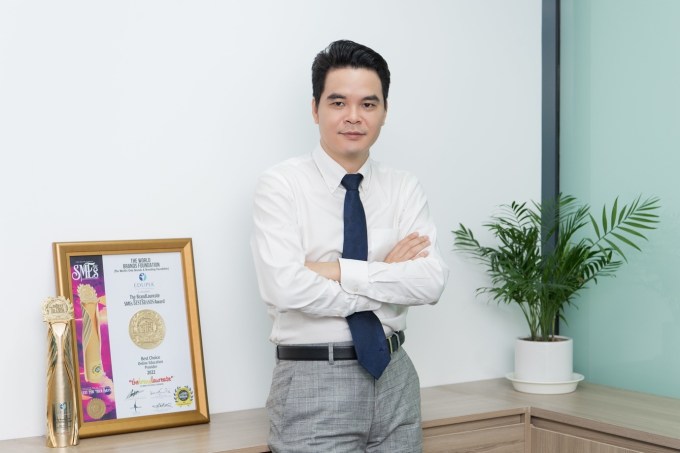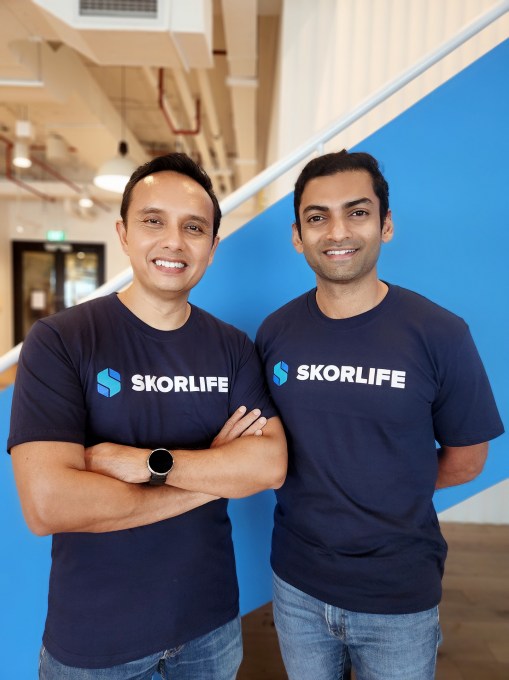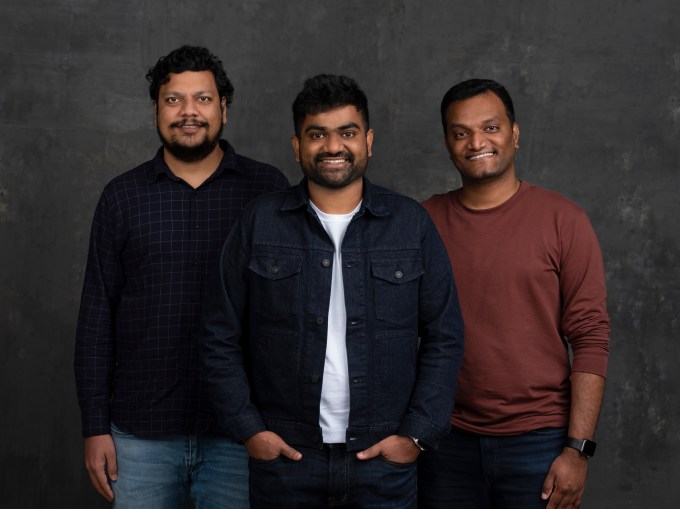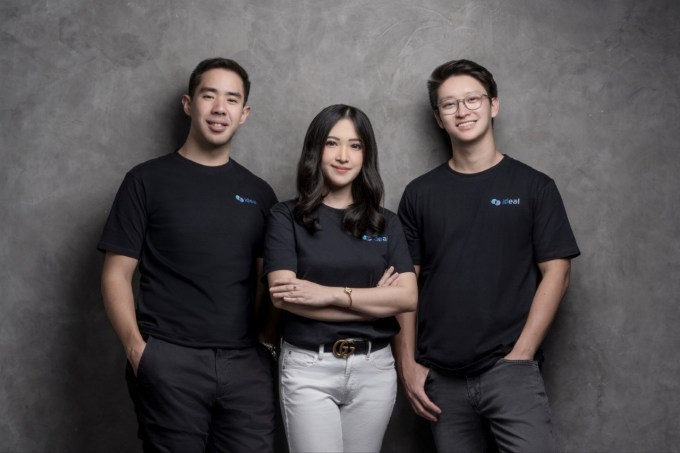There’s a large education gap in Vietnam between urban centers, which have access to more resources, and the smaller cities and rural areas where 80% of students live. Edupia, an online learning platform, is bridging that divide with its live classes and private tutoring. The startup announced today it has raised a $14 million Series A led by Jungle Ventures with participation from eWTP Capital (a venture fund under Alibaba and Ant Financial) and ThinkZone Ventures. This brings Edupia’s total funding to $16 million.
Edupia currently has a total of 5 million users, with 400,000 paying students. Tran Duc Hung, who founded the company in 2018 as an English self-learning platform, said Edupia is on track to exceed its $100 million revenue target in the next three years. Most of its users are in Vietnam, but Edupia is also expanding into other Southeast Asian markets like Indonesia, Thailand and Myanmar, and adding more subjects, including math and coding
Before founding Edupia, Hung spent 10 years as director of digital services at Viettel, the largest telco in Vietnam. While there, he saw how digitization was transforming many aspects of daily life, including e-commerce, finance, healthcare and education. At the same time, Hung tells TechCrunch, he also observed the gap between the educational resources available in larger, wealthier cities, like private language centers, and other areas of Vietnam, especially in English. Hung, whose family includes many teachers, saw an opportunity to launch an online platform to make English education accessible to every K-12 student.

Edupia founder Tran Duc Hung standing against a desk Image Credits: Edupia
As Edupia’s self-learning business gained traction, the team saw demand for more ways to engage with students and started live classes in March 2021. Hung said Edupia will run both business models at the same time, with self-learning serving as the first contact point for users before they upgrade to classes and tutoring.
Parents and students find Edupia through several channels, including its online marketing campaigns, school partnerships, word-of-mouth referrals and key opinion leader (KOL) marketing. Edupia reaches all provinces through its national sales team, and it was also the first company in the market to create a network of thousands of micro-KOLs (aka influencers) in different industries.
While there are many English-learning apps available, Hung said Edupia does not compete directly with them because it seeks to give students a similar experience to offline learning centers, with teachers who assign homework, evaluate students’ progress and organize online activities to increase engagement. Edupia’s closest competitors are therefore offline learning centers, but unlike brick-and-mortar schools, it was able to scale quickly across Vietnam’s 64 provinces. Each 60 students are assigned to a learning group, and each teacher can manage up to 2,000 students across the country.
Part of Edupia’s new capital will be used to upgrade its tutoring platform. The company also plans to hire for C-level positions and senior managers as it scales, and ramp up its international expansion.
Edupia raises Series A to close the education gap in Vietnam by Catherine Shu originally published on TechCrunch







